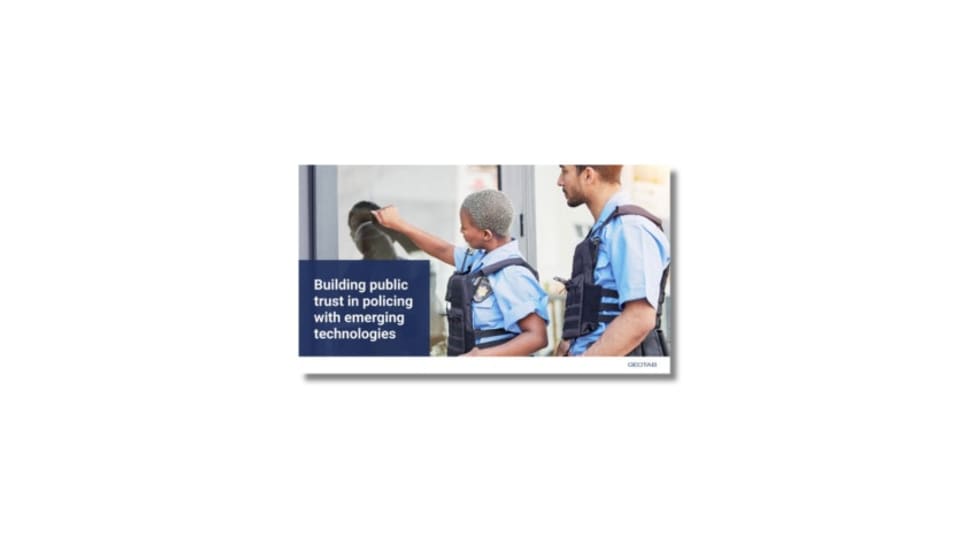Many of these uses of force are later proven to be justified. However, we should not overestimate reports about declining trust in police. A 2015 Gallup poll indicated that people generally have more faith in the police than in most other social institutions. Still, 64% of people in 2003 expressed trust in the police, declining to 52% in 2015. So there is some decline, and it is most pronounced among African Americans. Only 30% of blacks surveyed in the 2015 Gallup poll expressed trust in policing.
The second trend is an effort to reform by empowering subordinates through decentralizing authority and increasing work autonomy. An example of empowerment would be when police officers are asked to provide input in decision making. Research that we have done suggests that empowerment is an important vehicle for improving service delivery and performance. Empowerment has a positive influence on task performance, conscientiousness, and effectiveness of work and it has been shown to improve job satisfaction, commitment, and intention to continue working in the agency, and leadership development in general.
Mid-level police officers — those in the ranks of sergeant, lieutenant, and captain—play a pivotal role in balancing the demands of task-oriented leadership on the one hand and empowering leadership on the other. Our research shows that an empowering leadership style has, in general, a clear and positive effect upon employees, work unit, and manager performance. More specifically, police officers in leadership positions who embody and apply empowering managerial practices will find that such behavior trickles down in the organization.
Our Methodology
Since 2013, the John Glenn College of Public Affairs at The Ohio State University in collaboration with the Ohio Department of Public Safety and the Ohio State Highway Patrol has run the Public Safety Leadership Academy (PSLA). This is an 11-week, residential program of intensive education and training for mid-level law enforcement officers. Each cohort has about 35 participants who are perceived as having the potential to rise further in the ranks. The program includes a smorgasbord of topics relevant to police leaders as well as various aspects of leadership such as leadership styles, followership, types of communication, cultural competencies, conflict resolution, social media strategies, and citizen engagement. As part of this program, we have conducted a leadership survey in each of the cohorts since 2014.












